Take a close look at the R2-D2-shaped lander that startup Moon Express wants to land on the moon.
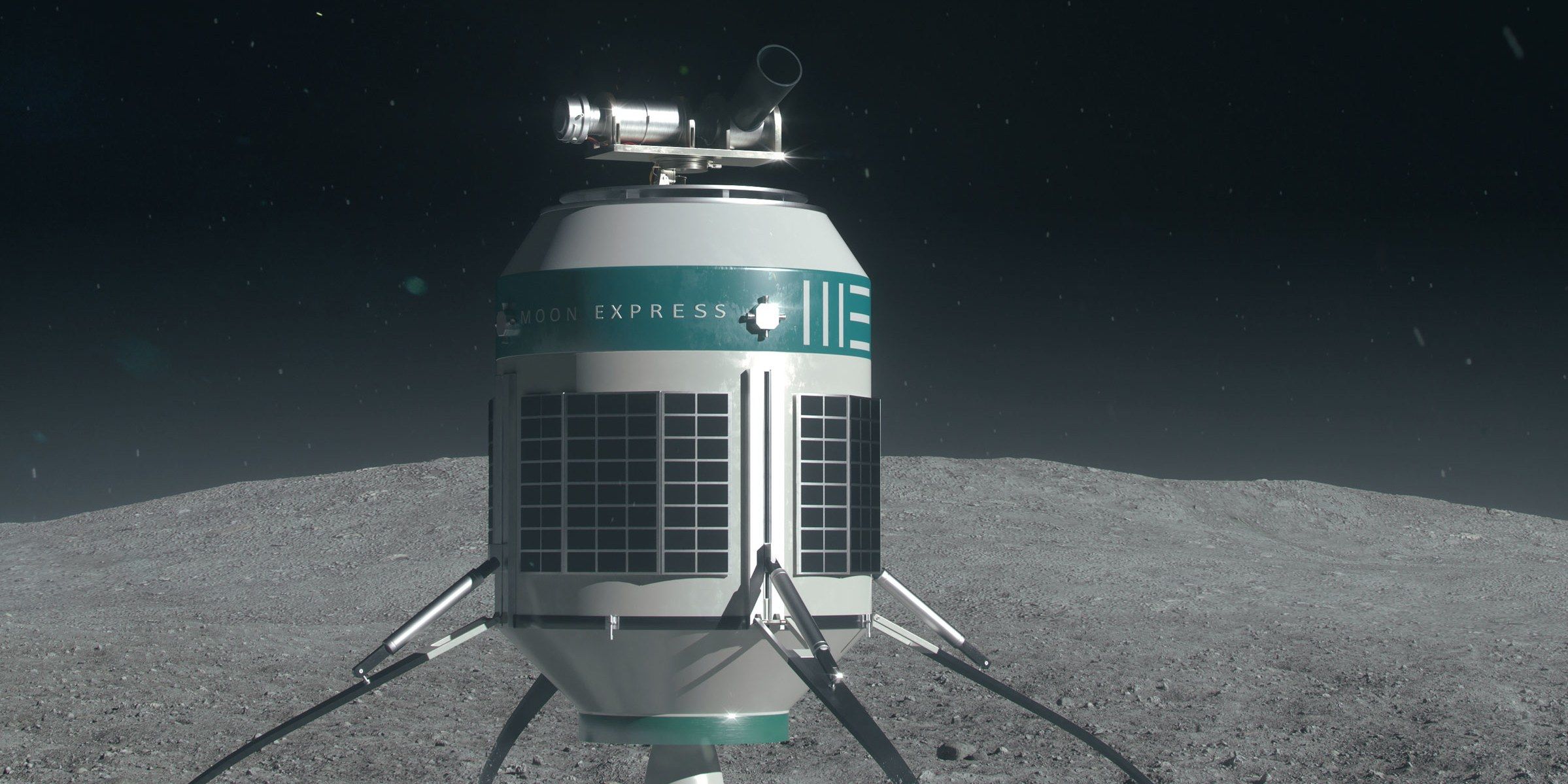

NASA is set to begin testing a radical ‘nuclear engine’ that could provide power for astronauts on the Martian surface.
Dubbed the ‘Kilopower’ it would use a uranium rector the size of a toilet roll to create heat.
A high efficiency Stirling engine would then convert this to electricity, in a system that works in a similar way to a car engine.
NASA’s Kilopower engines will use a uranium rector the size of a toilet roll to create heat, then a high efficiency Stirling engine would convert this to electricity.

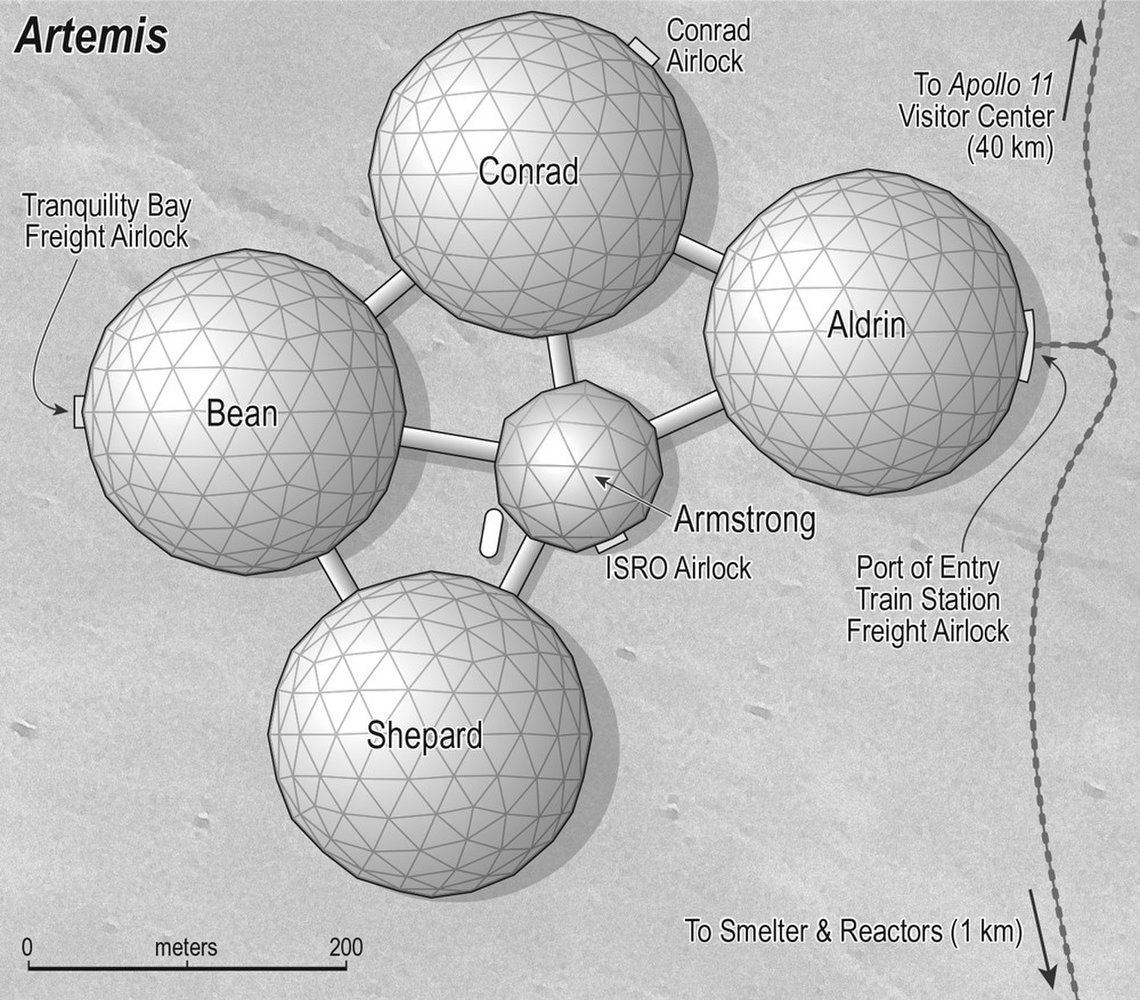
“The Martian” author Andy Weir discussed his newest book, “Artemis,” with Space.com.
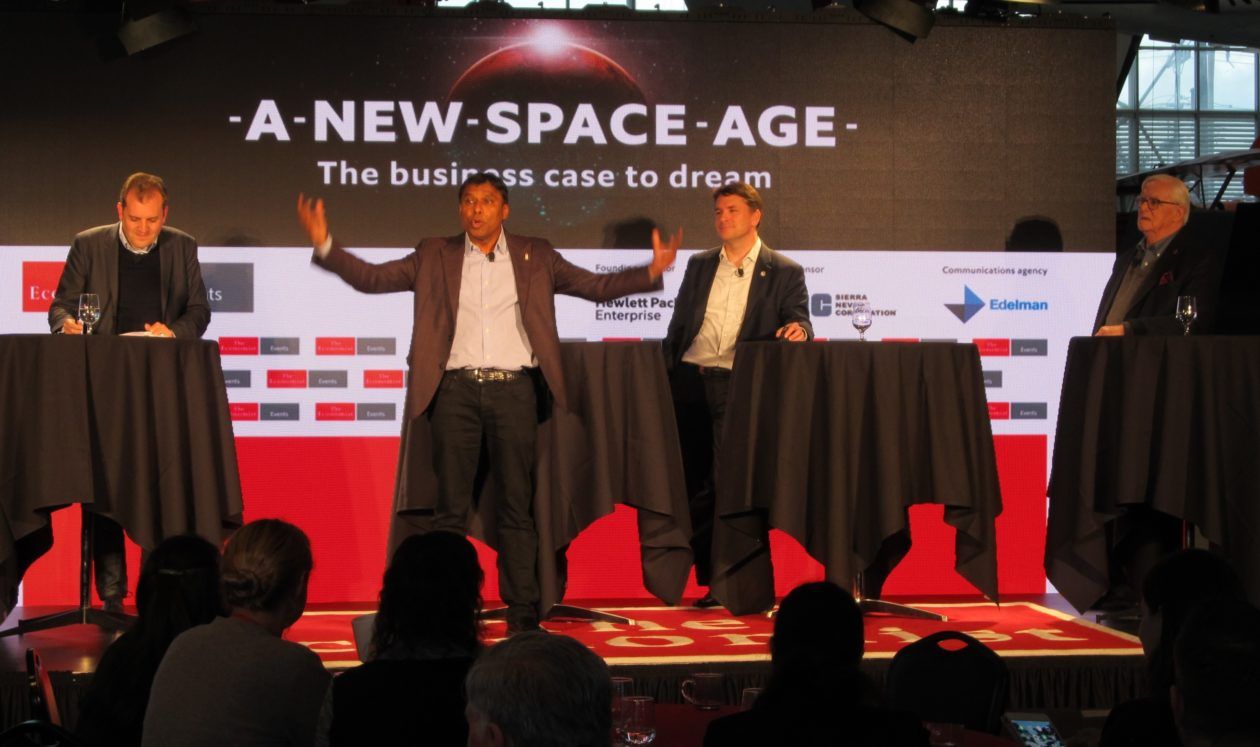
SpaceX founder Elon Musk has famously said he’d like to die on Mars — “just not on impact.” But where will humans live in space? That was the focus of a good-natured debate that took place at this week’s “New Space Age” conference at Seattle’s Museum of Flight.
Chris Lewicki, president and CEO of Redmond, Wash.-based Planetary Resources, took up the case for going to asteroids and Mars. Seattle-area entrepreneur Naveen Jain, co-founder and chairman of Florida-based Moon Express, spoke for the moon.
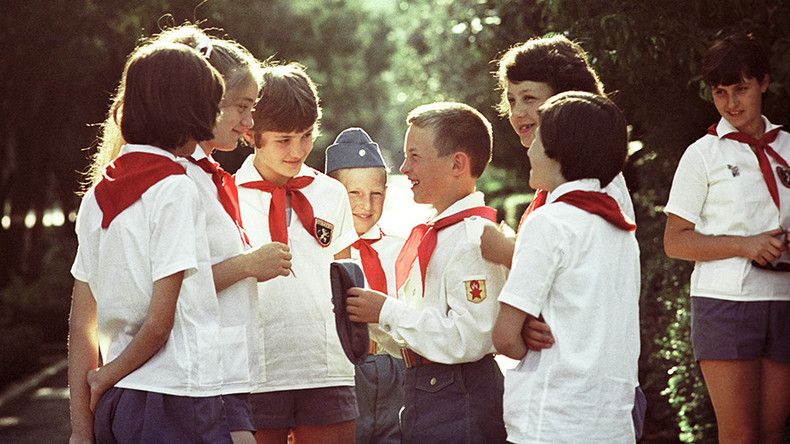
Letters from a time capsule opened in the Russian city of Novorossiysk have revealed that Soviet students in 1967 believed their peers in 50 years time would be living on other planets and eating ice cream for free, while their homework will be done by machines.
Hundreds of time capsules were laid across the USSR in 1967 as the country celebrated half a century since the Russian Revolution, which eventually led to the creation of the Soviet state. Those messages, containing the accounts of Soviet people’s lives and their messages to descendants, are being opened in Russia this year, coinciding with the 100th anniversary of the events of 1917.
READ MORE: Cruiser Aurora fires at Winter Palace 100 years ago, signals peak of Russian Revolution.
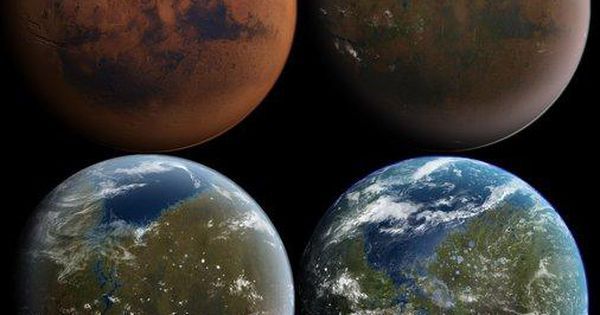

In Donald Trump’s inaugural speech last January, lost amidst his description of “American carnage,” was a more optimistic promise that the country was “ready to unlock the mysteries of space.”
It’s unclear if the line was anything more than political lip service, but one thing is certain: The quest for the stars is racing forward regardless of who occupies the Oval Office.
A once impossible but now plausible scenario can be found in Andy Weir’s new book “Artemis” (Crown, Nov. 14), which is set in the world’s first lunar city. The action takes place in the year 2080 in Artemis, a city with a population of 2,000 that’s part tourist attraction, part housing complex and part mining operation. The protagonist, Jazz Bashara, whom Rosario Dawson, the audiobook’s narrator describes as “super MacGyver,” is a young porter who runs a small smuggling operation on the side, obtaining contraband, such as alcohol, for the colony’s population. When one of Jazz’s wealthy clients offers her a chance to make the potential score of a lifetime, the young woman finds herself in over her head and caught up in a far-reaching conspiracy.

Air Force lieutenant general Steve Kwast believes a “Kitty Hawk” moment will begin a new era in space. But while the U.S. still leads every other country in space, Kwast cautions that edge is whittling away.
“In my best military judgement China is on a 10-year journey to operationalize space. We’re on a 50-year journey,” Kwast told CNBC.
Kwast, who is also the commander and president of Air University at Maxwell Air Force Base, says the United States must “bring together the right talent to accelerate the journey” in a Manhattan Project-like meeting of minds. He says this would push the space industry to an moment like Wright Brothers had when they completed the first successful airplane flight in 1903, in Kitty Hawk, North Carolina…